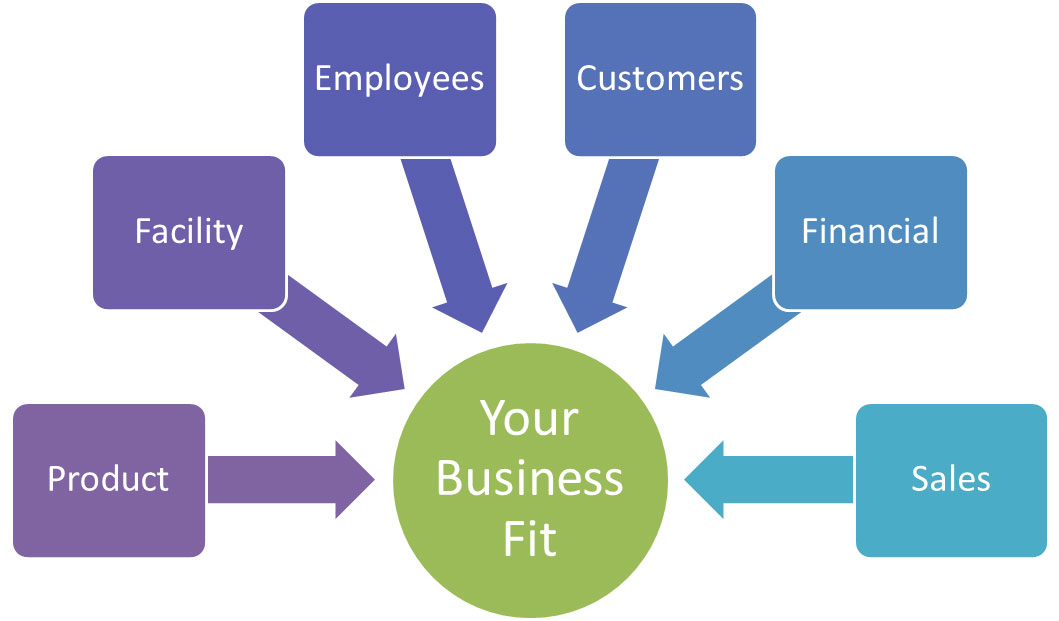Beware the IKEA Syndrome

My father is a young 82 years and still active selling auto parts and learning about auto parts. He can look at a part and tell you which model car/truck it belongs to and the corresponding part number that is on the shelf of his store. In essence he is a walking encyclopedia of auto parts. He has been learning and perfecting his craft since the mid-1950’s, until today. The journey of learning continues to this day.
There are two questions I always ask those who want to go into business:
- What are you doing to keep relevant?
- Do you read (not fiction) regularly?
Generally only about 10% are active in personal development and the same people happen to be the ones that also read books regularly. That’s only 1 in 10. WOW!
Now I am not suggesting that reading books is the only method for learning. However, in my view reading would have to be a prominent part of any suite of tools for personal development.
Over the years, I have observed that there are many in business who have developed the IKEA syndrome—“I know everything already”. This is a dangerous condition for anyone to have especially when information in the world is doubling every 2 years (according to Digital Universe). And according to numerous studies, based on the subject matter, human knowledge too is doubling every 2-5 years.
I would suggest that being trapped in the IKEA syndrome could be fatal to any business. Unfortunately this syndrome manifests just when new knowledge is required-the longer a business has been operating or the longer a person has been in their career. Complacency sets in and the IKEA syndrome creeps in to the business or personal psyche.
Many times “I know everything already” manifests in different postures:
- “We already have this figured out”
- “We are really good at this”
- “We have been doing this for ____years”
- “This is how everyone in the industry does it”
- “This is how it is done”
- “Ours is a people business, technology is not required” (i.e. I don’t want to take time to learn new technology)
- “I don’t understand this new technology”
- “You don’t understand, we have spent years perfecting _______”
When I hear such statements, my heart stops beating for a couple of seconds out of concern for that person. How will they retain their competitive advantage? How will they retain their edge? How will they retain and keep good employees? How will they keep attracting good customers who demand the best? How will they innovate? And the most serious question going through my mind, how will they remain in business over the long run?
A leader’s job is to create a vision for the business. By definition, vision is the ‘act or power of anticipation’. How can someone anticipate the future if they are stuck in the past? Their entire realm of experience will be rooted in the past ignoring the changing world around them and trying to anticipate a future. To me a leader cannot do his or her job of anticipating the future without sufficient study and preparation today while appreciating the experience gained from the past. The world around us is changing fast, customer needs and expectations too are changing at an accelerated pace. Any business leader adapting the IKEA mentality is placing a death sentence on their business.
If a business leader wishes to grow their business by keeping relevant, then they cannot get trapped in the IKEA syndrome.
I offer the following suggestions to avoiding the IKEA syndrome. However, the journey must begin with a genuine desire to be the very best by learning and improving:
- Learn about your industry by attending conference and events
- Read magazines and articles pertaining to your business
- Talk to others in your industry who may be doing things differently
- Be around positive, forward thinking people
- Read good books that make you a better person ( at least 10 pages per day)
- Be open-minded to new technology
- Speak to and even hire young people that understand and use technology without any inhibitions
- Embrace change with open arms
- Leave your past on the curb
- Have faith in yourself
- The moment you become willing to embrace change, the support of the entire universe will be with you
Extra caution when you join a franchise
When you join a franchise, not adapting the IKEA syndrome is even more critical as you have to learn the way the franchisor is doing business in order to become good at the business. You have to leave your past experience and past ways outside in order to master the new business.
Author: Harish Babla is the CEO of Global Franchise Masters Private Limited and the Global Head for Pure Nectar (www.PureNectarJuice.com).

- Facility. Make sure you are comfortable with where you will do business from—a retail space, an industrial space, mobile, home-based, etc.
At Pure Nectar you have to open a 150-200m2 Production Facility. - Employees. The people that work for you are there with you everyday. You must be comfortable with the type of people working for you. Are they ‘blue collar’, professionals, salaried, hourly, full-time or part-time? The business you choose will determine the kind of people that work in the business. People are your most important asset and as such you need to be ‘in-tune’ with the people working for you.
At Pure Nectar you have 4- person Management team plus 7 Juicing staff and a Delivery Person. - Customers. Every business attracts different types of customers. There are customers who appreciate and value different things, price, quality, service, and experience. In your business there could also be many customers with small transactions and a few customers with large transactions. Be comfortable with the type of customers and the transactions that your business will bring.
At Pure Nectar our fresh products serve a customer focused on a healthy lifestyle. Pure Nectar retail customers order on-line while Distribution Point wholesale customers are businesses such as café’s, restaurants, gyms, convenience stores etc. - Products and services. Some businesses sell products, some sell services and some may sell both. You have to be comfortable with what your business is selling. After all, your passion for your product and service will be essential in your success.
At Pure Nectar we sell only freshly made juices. - Sales. The scope and size of your potential business is important as it will help you achieve your goals and objectives. How you realize that potential and opportunity is equally important. How do you grow this business is also key–whether it is through wholesale distribution, retail stores, over the internet, door to door and so on. It is one thing to have the potential but important to know how to realize that potential and your comfort in being able to do that. In every business you have to sell otherwise your business isn’t going to grow, but the intensity may vary.
At Pure Nectar, the retail business requires a comprehensive and determined marketing approach. While the wholesale business is lead by a Sales Manager. - Financial. Obviously the economics have to make sense. Your ability to afford the business, your ability to grow the business to a size that allows you to meet your goals and objectives are important. Your financial metrics have to make sense as you choose your business.
At Pure Nectar, the initial investment will range between US$175,000 to US$250,000. It is possible to have an operating profit of 40%+ in the 2nd year of operations.
It is not important that there be a 100% match in all six areas, however, you must be comfortable that there is sufficient fit between you and the business. The six areas also have varying degrees of priority to different people and you have to determine if all six areas are equally important or some areas have greater importance than others.
Author: Harish Babla is the CEO of Global Franchise Masters Private Limited and the Global Head for Pure Nectar (www.PureNectarJuice.com).






